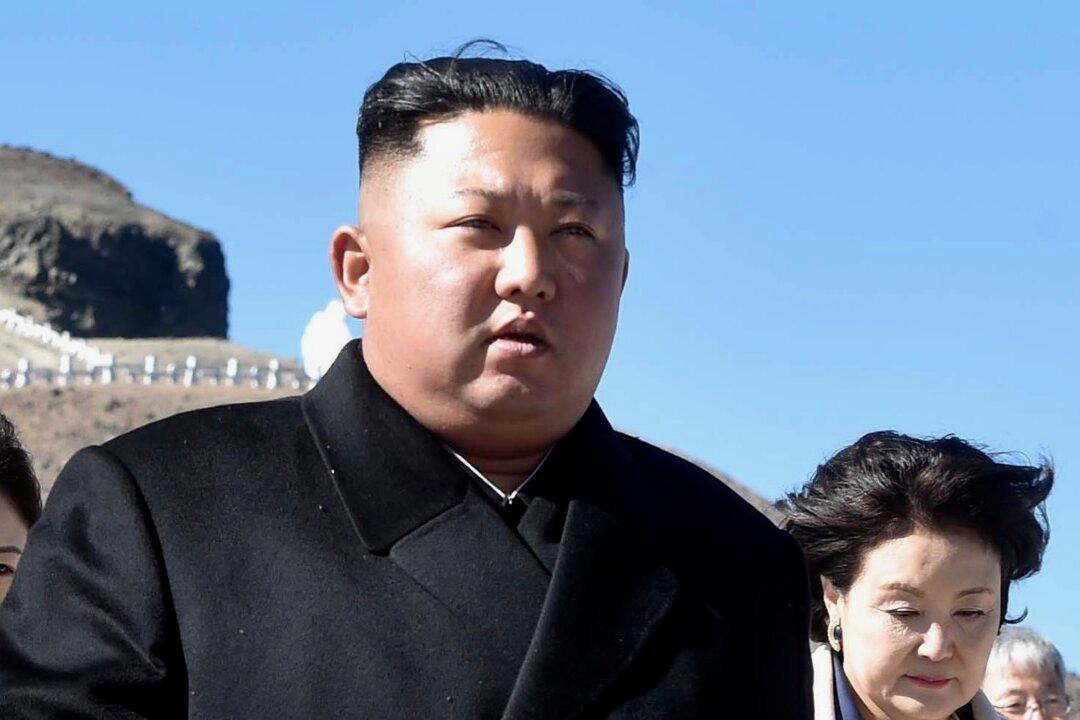North Korean officials publicly executed two female fortune tellers in March and forced tens of thousands of people to watch in Chongjin city, according to Radio Free Asia.
A source told RFA that “public trials and executions have resumed this year, with judicial authorities holding these trials in multiple locations for reasons of maintaining social order.”





